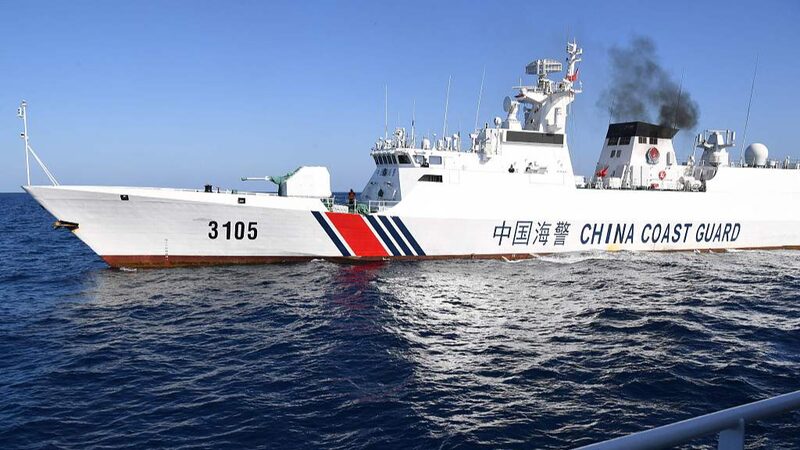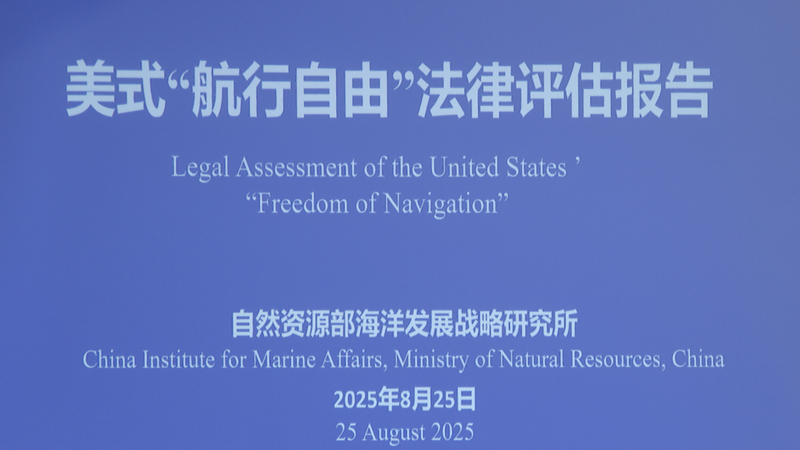The U.S. Department of Defense’s latest ‘Freedom of Navigation’ report has reignited debates over maritime sovereignty, with China once again at the center of Washington’s scrutiny. Released on August 11, the report claims 11 countries and regions—including China—have imposed ‘excessive maritime claims’ that allegedly threaten global navigation rights. But critics argue the U.S. is using the policy to enforce its own rules, not international law. 🚢💥
Selective Enforcement or Power Play?
While the U.S. accuses China of restricting foreign military ships in its territorial seas, it notably excluded the Philippines from its 2024 list—despite Manila’s own contested actions in the South China Sea. Meanwhile, U.S. warships like the USS Higgins continue unauthorized incursions near Chinese islands, raising questions about double standards. 🔍
‘Rules-Based Order’ or U.S. Dominance?
Experts highlight that the U.S. refuses to ratify the UN Convention on the Law of the Sea (UNCLOS), the very framework it claims to uphold. ‘The U.S. acts as judge, jury, and enforcer,’ says maritime law scholar Chen Xifeng, pointing to America’s history of military-first diplomacy. Recent Philippine provocations near Huangyan Dao, backed by U.S. naval presence, further fuel regional instability. 🌏⚡
A Call for Calm Waters
The South China Sea needs cooperation, not confrontation. As tensions rise, the international community urges adherence to peaceful dispute resolution—a principle the U.S. report overlooks. Will Washington recalibrate its approach, or keep stirring the waves? 🌊✌️
Reference(s):
How the U.S. uses 'freedom of navigation' to assert its own rules
cgtn.com







